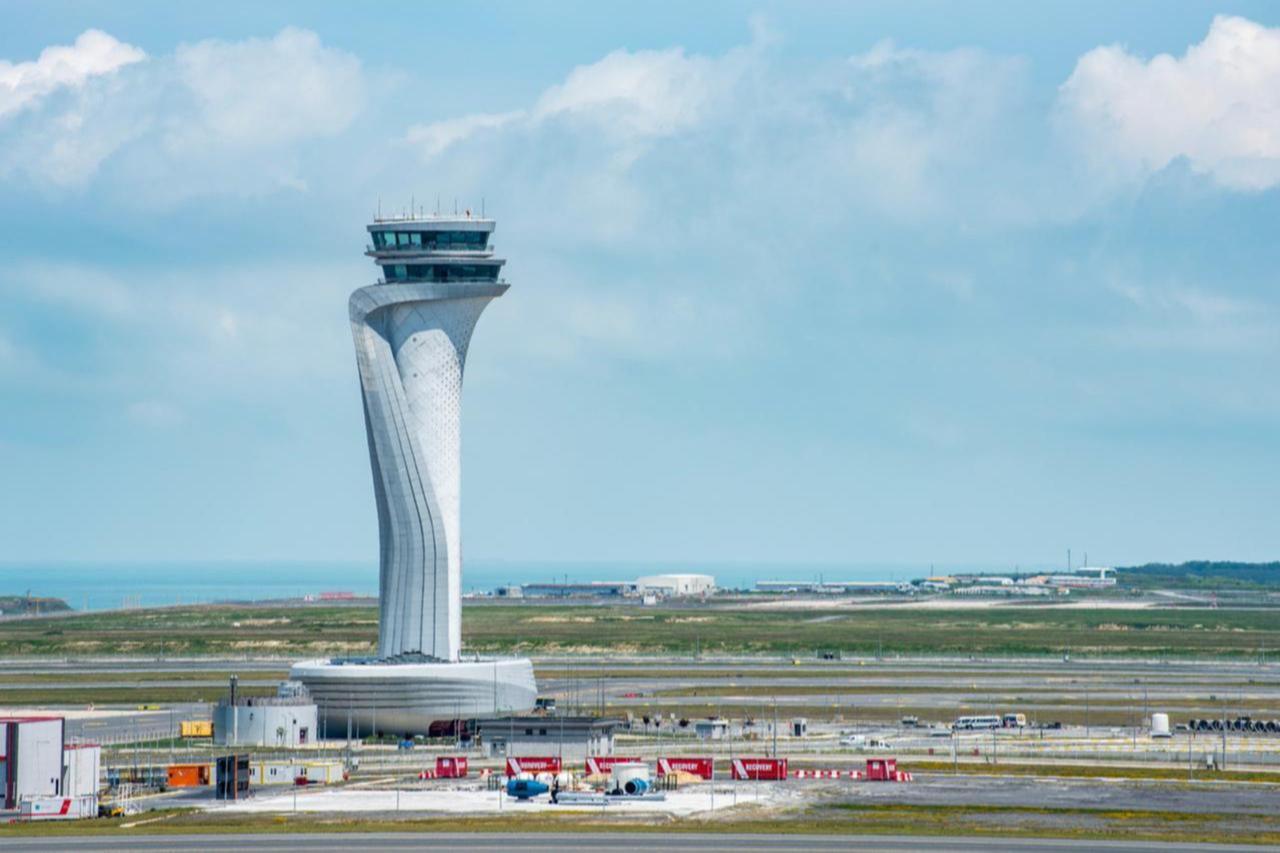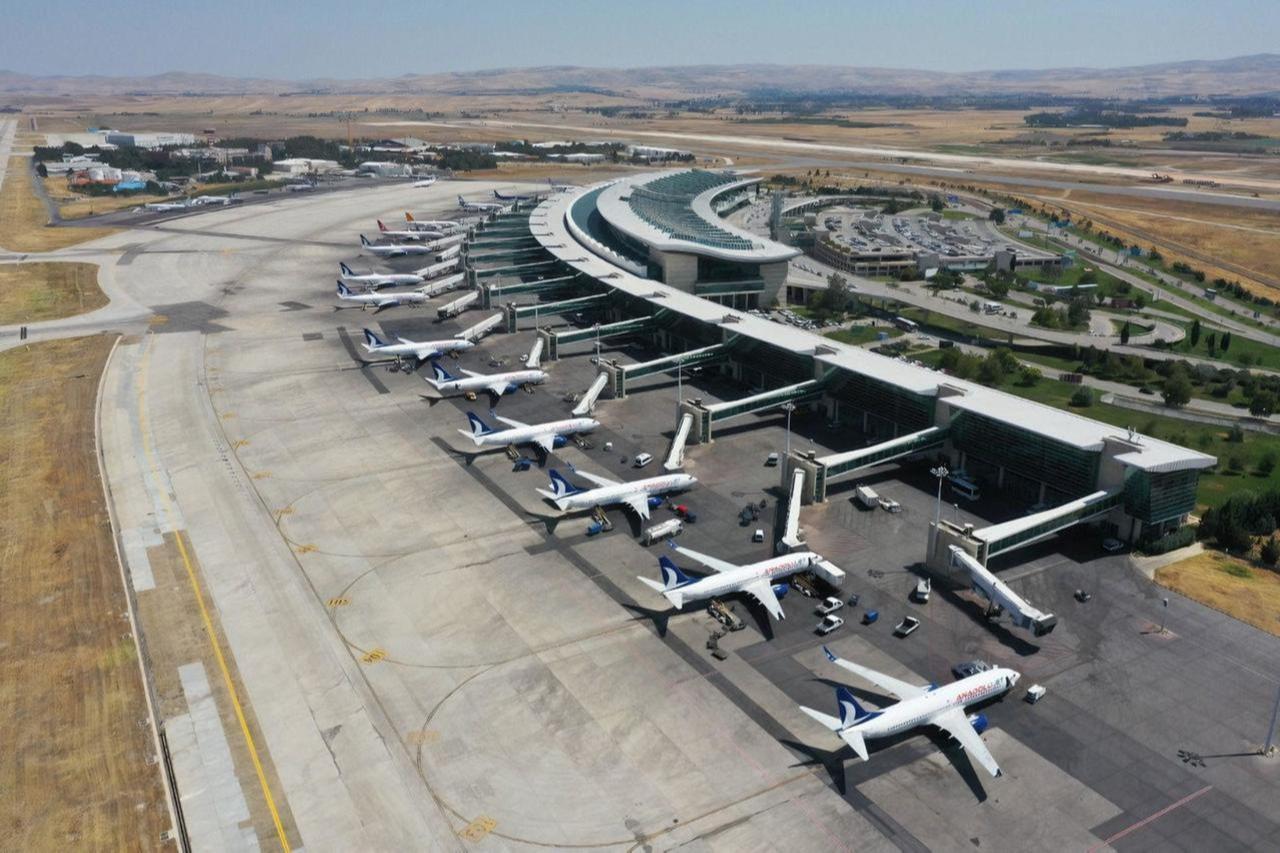
Transport and Infrastructure Minister Abdulkadir Uraloglu announced Wednesday that Türkiye will activate a major aviation reform known as the Free Route Airspace (FRA) system, allowing aircraft to fly more direct routes at high altitudes, saving time and fuel while reducing carbon emissions.
The FRA system, going into effect Wednesday night in Turkish airspace at flight levels FL305 (30,500 feet) and above, is implemented by the General Directorate of State Airports Authority (DHMI).
In a written statement, Uraloglu said FRA represents a historic step in Turkish aviation and offers “significant economic and environmental benefits.”
“FRA, which constitutes a major reform in aviation, will be put into operation by DHMI in Turkish airspace at FL305 and above starting tonight,” he said. “FRA allows aircraft to freely plan their routes between designated entry and exit points without being bound to conventional airways, offering significant economic and environmental benefits such as shorter flight times, fuel savings, and reduced carbon emissions.”

Uraloglu said preparations for FRA began in 2019, with DHMI conducting extensive work on airspace regulation and operational methods to ensure safer and more efficient air traffic management.
He added that Türkiye completed all necessary processes to align FRA implementation with international standards and requirements.
“In addition, as part of an agreement between DHMI and Eurocontrol, real-time simulations were conducted at the Eurocontrol Innovation Centre between January and May 2022 with the participation of approximately 400 air traffic controllers,” Uraloglu said. “This process ensured the safe implementation of new regulations, controllers’ adaptation to the system, and the successful completion of operational safety analyses.”
The FRA system will initially be applied during the 2025–2026 winter season between 11 p.m. and 5 a.m. local time. A full 24-hour operational schedule is planned for the 2026–2027 winter season.
Uraloglu emphasized that FRA will enable airlines to plan more direct and efficient flight paths.
“Based on feedback from the first phase, we will consider lowering the current minimum level of FL305 to lower altitudes, similar to European examples,” he said. “If the ongoing Flexible Use of Airspace (FUA) work in Türkiye can be expanded to cover the 10,000 feet–FL285 range, FRA will also be applied at lower altitudes.”
Once fully implemented, FRA is expected to allow greater use of direct routing for domestic flights, the creation of more optimal paths between airports, further reductions in flight times and increased fuel savings.